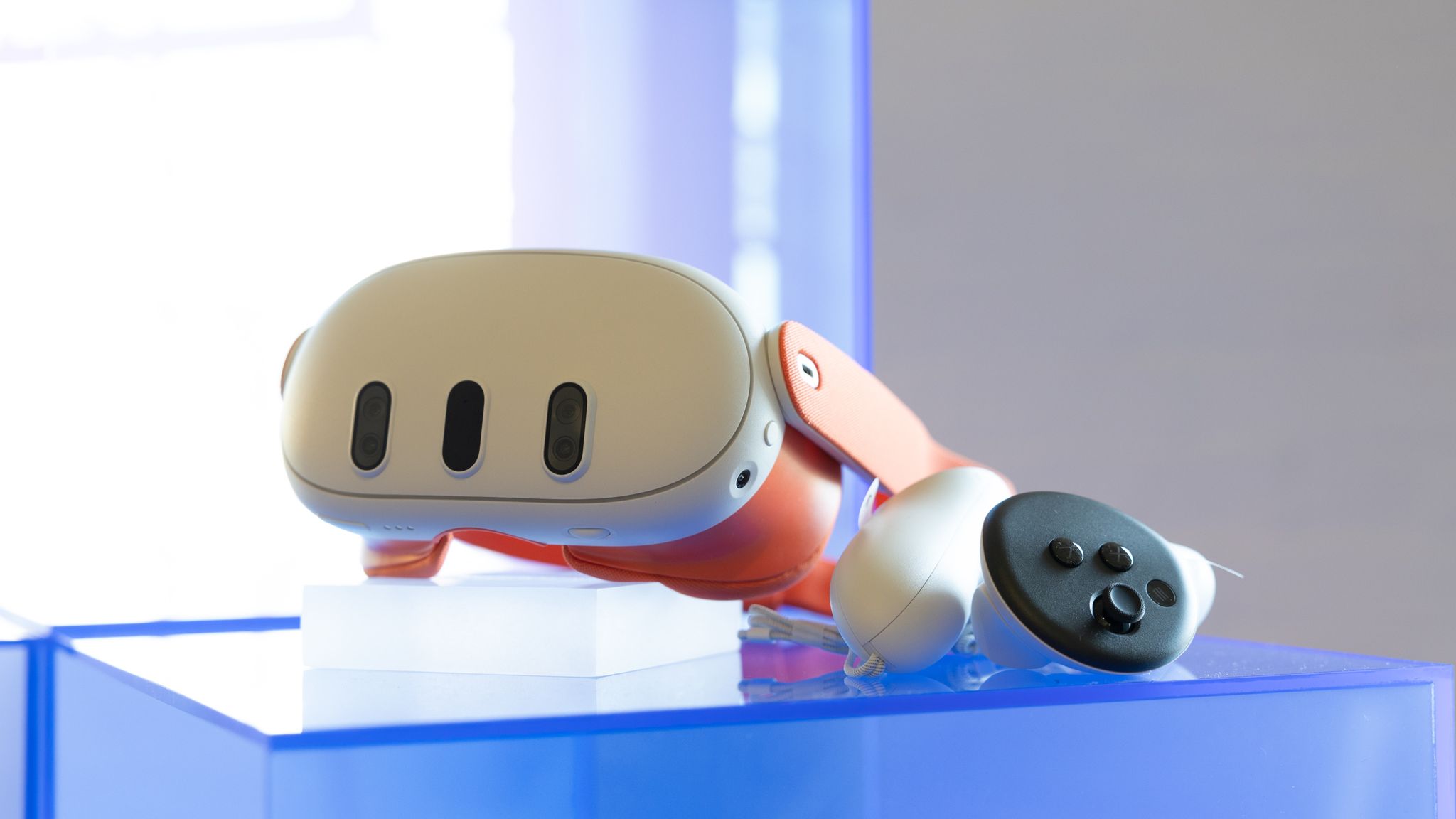Meta Unveils New Generation of Mixed Reality Headset
Meta, a leading tech company in the virtual reality (VR) industry, has recently unveiled its latest innovation – a new generation of mixed reality headset. This cutting-edge technology aims to merge virtual life seamlessly with the user’s actual surroundings, creating a truly immersive experience.
The concept of mixed reality has been gaining traction in recent years, and Meta’s new headset looks set to revolutionize the way we interact with our digital environment. By combining elements of virtual reality and augmented reality, users can explore and interact with virtual objects within their physical space. It opens up endless possibilities for gaming, education, design, and other immersive experiences.
Consumer Interest in Mixed Reality
While Meta’s new mixed reality headset offers an exciting glimpse into the future of technology, the big question remains – will consumers embrace this new form of reality?
Historically, consumer interest in VR has been somewhat mixed. Although virtual reality has made significant advancements in recent years, it is yet to become a mainstream phenomenon. Factors such as high costs, limited content options, and bulky hardware have hindered its widespread adoption.
However, Meta believes that its new mixed reality headset could be a game-changer. By bridging the gap between the virtual and physical world, it offers a more seamless and integrated experience. Meta also promises a sleeker design and improved user comfort, addressing some of the concerns that have held back VR in the past.
The Future of Mixed Reality
As technology continues to evolve, the future of mixed reality appears promising. Industry experts predict that mixed reality, with its ability to blend digital and real-world environments, will become increasingly prevalent in various sectors.
Education, for example, could significantly benefit from mixed reality. Imagine students exploring ancient civilizations or conducting complex scientific experiments without leaving the classroom. Mixed reality could enhance learning by making subjects more engaging and interactive.
In the gaming industry, mixed reality offers a whole new level of immersion. Gamers can not only see and hear but also physically interact with virtual objects, bringing gameplay to life in unprecedented ways. This technology has the potential to redefine the gaming experience and attract a broader audience.
Moreover, mixed reality also has practical applications in fields such as architecture and design. Architects can visualize their creations in a fully immersive environment, allowing for better understanding and collaboration. Designers can experiment with virtual prototypes, saving time and resources.
While it remains to be seen whether consumers will fully embrace mixed reality, Meta’s latest offering certainly brings us one step closer to a world where virtual and physical realities seamlessly coexist.




